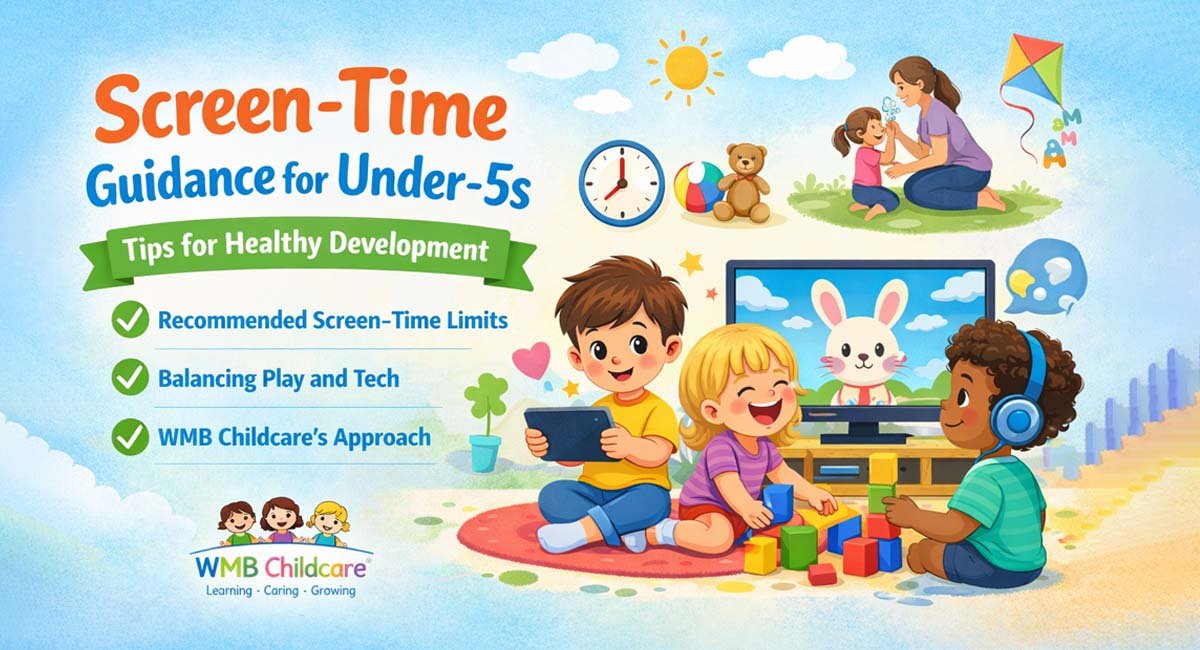The Importance of Conversations at Mealtime in Early Years
Meal times are much more than just moments to nourish our bodies; they are opportunities for connection, learning, and development, especially in the early years of a child’s life. The significance of conversations during these shared moments cannot be overstated. Here, we will explore the various benefits of fostering conversations at mealtime for young children.
1. Enhancing Language Skills
One of the most immediate benefits of mealtime conversations is the enhancement of language skills. When adults engage children in discussions, they are exposed to new vocabulary, grammar, and language structures. Research shows that children who participate in conversations are likely to have a richer vocabulary and improved language comprehension. By asking open-ended questions, parents and caregivers can encourage children to express their thoughts and feelings, facilitating language development in a natural setting.
2. Building Social Skills
Mealtime conversations provide a platform for children to learn essential social skills, such as sharing, turn-taking, and active listening. As children engage in discussions with family members or peers, they practice how to communicate effectively and respectfully. These interactions teach children the value of different perspectives, empathy, and cooperation, which are crucial in their social development.
3. Encouraging Healthy Eating Habits
Conversations around the dinner table can also promote healthy eating habits. Discussing the origins of food, its nutritional benefits, and preferences can help children develop a positive relationship with various foods. When children are involved in conversations about food choices, they are more likely to try new foods and understand the importance of balanced nutrition. It also provides an opportunity for parents to model healthy eating behaviors.
4. Strengthening Family Bonds
Mealtime is one of the few times families can gather in one place, making it the perfect moment to strengthen bonds. Engaging in meaningful conversations helps foster a sense of belonging and security among children. Sharing stories, discussing daily experiences, and expressing feelings create a home environment filled with warmth and support. These interactions nurture emotional well-being and build resilience in young children.
5. Promoting Critical Thinking
Conversations at mealtime encourage critical thinking skills. When children are prompted to think about what they like or dislike, why they feel a certain way about a meal, or how certain foods impact their health, they engage in a higher level of cognitive processing. These discussions help children learn to articulate their thoughts clearly while developing their analytical skills.
6. Creating Lasting Memories
The memories created during mealtime conversations are often cherished by children as they grow older. These moments of connection can have a profound impact on their perceptions of family life and relationships. Children who fondly recall dinners filled with laughter, storytelling, and open dialogue are likely to carry those values into their own future families.
Conclusion
In conclusion, conversations at mealtime are an invaluable aspect of early childhood development. They enhance language skills, build social connections, encourage healthy habits, strengthen family bonds, promote critical thinking, and create lasting memories. By making a conscious effort to engage in meaningful dialogue during meals, parents and caregivers can play a crucial role in nurturing the emotional and cognitive growth of young children. So, let’s gather around the table and make every meal an opportunity for connection and conversation!








